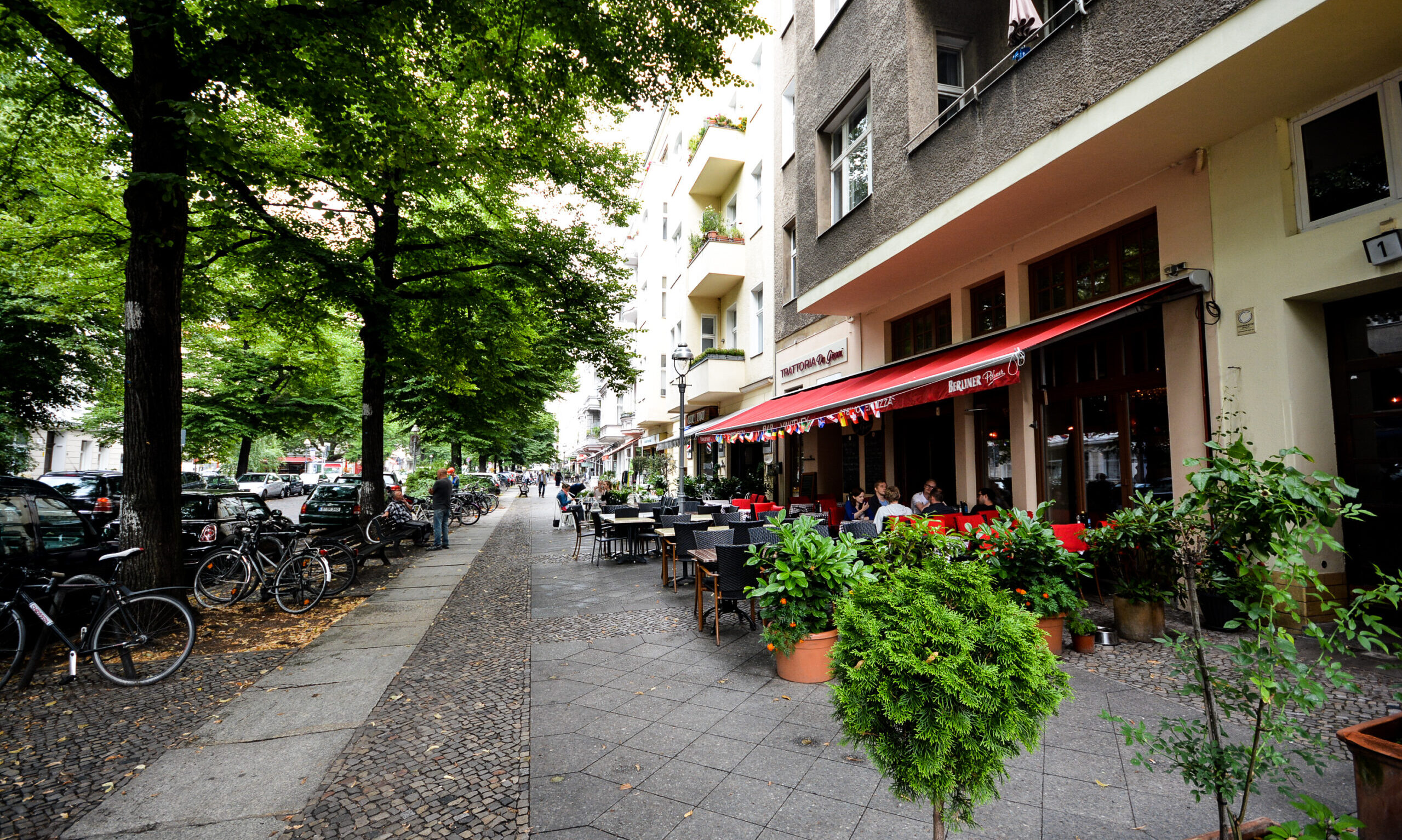Interview with Łukasz Franek, Director of the Kraków Transport Authority (Zarząd Transportu Publicznego w Krakowie (ZTP))
In this interview we talk about:
- 15-minute city concept as implemented via the ‘Climate Quarter’ concept in the city
- Kraków’s investment in green spaces
- patterns of mobility observed during different phases of the pandemic
- the need to reduce car dependence in the city
- the public and municipal interest in improved cycle infrastructure and connectivity in the city
- issues of quality of life in walkable neighborhoods
- the role of municipal agencies to offer and encourage safe options for walking, cycling and public transit
- the responsibility of citizens to be aware and choose the sustainable mobility options as much as possible
- the strengths of the city are in terms of walkability and pedestrian infrastructure and connectivity
- what can be improved/is in the process of being improved for walkability in Kraków
- the importance of change in mindset & behavioral change
“Mobility is one of the main aspects of living in the city.”
Łukasz Franek
Some quotes from the talk:
“We need places within 2-3 minutes walking, that is the standard. Space that is green with public places to sit, a cafe close by, small gardens (with water and fountains would be perfect)- people are missing this. Every 300-500 meters should offer this possibility and that’s what we are focusing on.”
“5 years ago when you took cars off the sidewalk, people reacted like “Oh my gosh, that was my private parking space!” Now, people ask the city to do it. So the change in mindset is really happening right now. After that, I hope there will be the situation in which we convince ourselves to make the behavior change- not to blame others, but to convince ourselves to change. And of course, the city is responsible to provide alternatives. So we need to have really good public transport, a walkable city in the meaning of safe, effective sidewalks on which you are not afraid to let your kids walk to school. We need cycling infrastructure- this is automatic and what people should expect from the city. But in the end it is the behavior, nothing else.”
“In the end it’s the behavior, it’s the lifestyle. It’s a huge revolution in my opinion. It doesn’t mean that when we spend billions of Euros it’s going to change. We need to come back to the reality with urban mobility management recognizing that yes, the car might be more comfortable and that a lot of people may need to use the car and we are not blaming them for that. But on the other hand, we need real solutions and real change. Otherwise, for the next 20 years we are going to talk and talk, spend billions of Euros and it’s going to be the same or even worse.”

